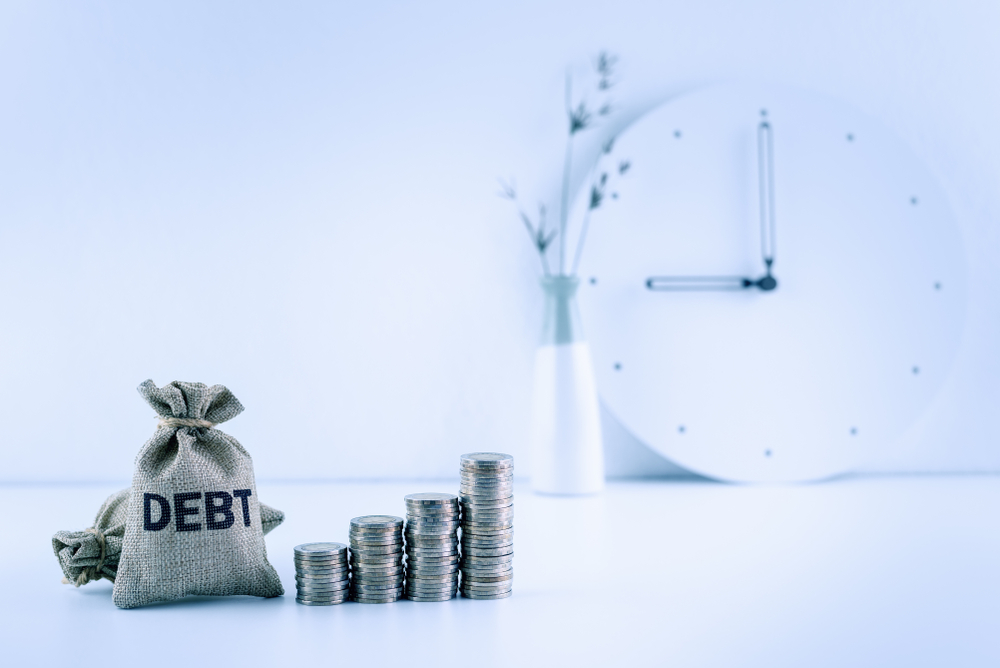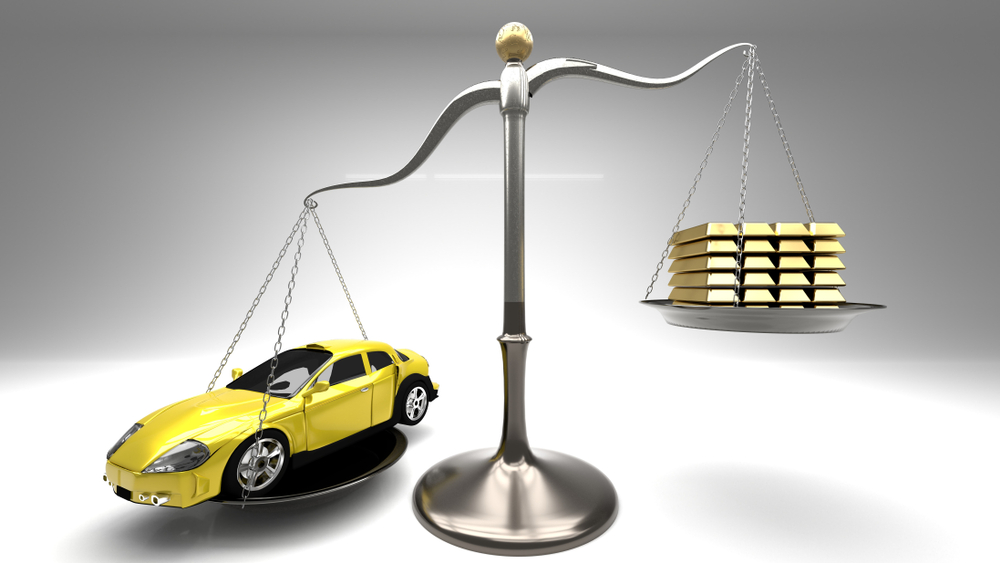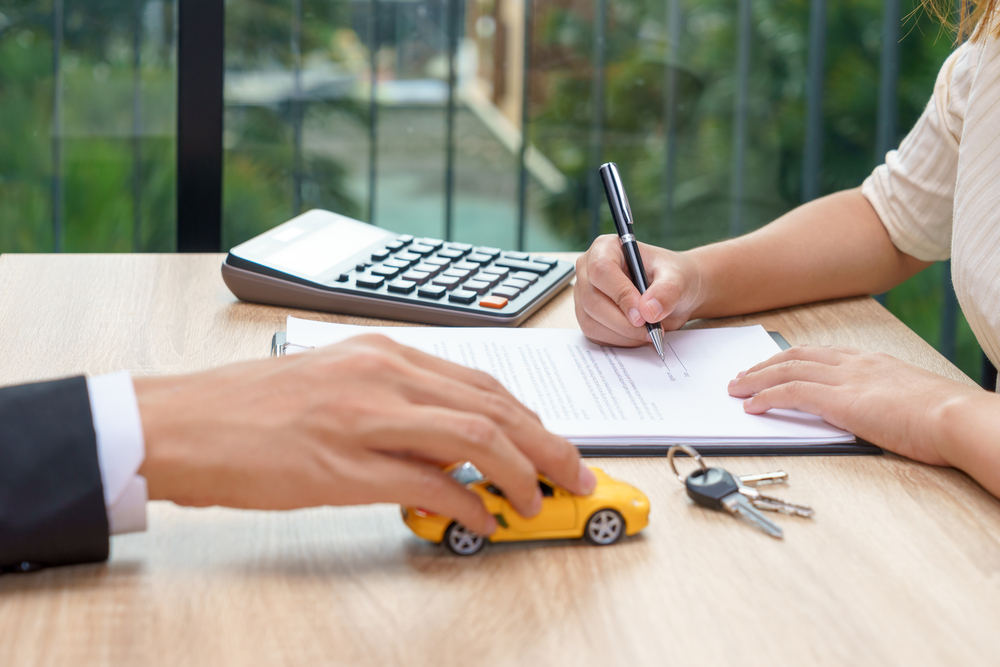Here’s How to Negotiate Car Payoff Settlement
The average car loan is about six years or 70 months. However, not all car owners take the full loan term to pay off their vehicle. Some find that they have the financial means to pay off their loan early.
An early payoff, though, might lead to penalties from the lender. Each loan has its own terms, and before a car owner decides to pay off the vehicle early, they need to understand what it will cost them. Here’s how to negotiate car payoff settlements to pay the loan in full and own the car outright.
What is the Payoff Amount?
The payoff amount of a car loan isn’t always the same as the loan balance. The payoff amount is the amount that is necessary to completely pay the loan and it likely includes interest and any fees (like early termination fees).
When a borrower pays a loan in full before the end of the contracted term, the lender might not make as much money in interest. For this reason, paying the loan early might include termination fees.
To find out the payoff amount, the borrower should contact their lender. At this time, they also can inquire if any penalties or additional fees were applied. However, the terms of the loan should include all this information.
Can Borrowers Negotiate a Payoff Settlement?
Car owners that want to pay off their loan early might wonder if they can enter into negotiations with their lender. Lending Tree explains that borrowers can try to negotiate the payoff amount.
To talk about negotiating the balance, the car owner will need to contact the lender. However, Lending Tree explains that the borrower should continue to make payments. While some lenders can be open to negotiations, others might be firm in the payoff amount. While it never hurts to try to negotiate, lenders might not budge.
Even if they don’t wish to negotiate, the lender will be able to provide a payoff amount. This amount is typically a “10-day payoff quote.” Per Lending Tree, this means that the amount quoted will satisfy the loan if it is paid in the 10-day grace period. After the 10 days, Lending Tree notes that the price could bounce up or down.
When the Car is Paid Off
Once the full payoff amount is received and credited to the account, the buyer will own the car outright. When the loan terms are satisfied, the lender will send the borrower documentation of the payoff and include a lien release for the vehicle.
Buyers should keep all paperwork in a safe place. In addition, the lien release is necessary to re-title the vehicle so that the lien holder (the bank or lender) is removed from the title.
Once the loan is paid off, the buyer owns the car completely. This means that any value that is left in the car represents pure equity.
Car owners might wonder how paying off the car might impact their car insurance. Progressive explains that paying off a loan won’t lower the premium, but the car owner could elect to change coverage options.
Before dropping comprehensive coverage to save money, car owners should understand how that can affect them if the vehicle is damaged in an accident that is their fault. If the car is still worth a decent amount of money, it might be wise to continue to pay for comprehensive coverage.
Other Ways to Pay Off a Vehicle Early
Not all car owners will have the financial means to pay their car loan in full before the terms of their loan are satisfied. However, car owners could elect to make a larger payment each month so that they can pay off the vehicle earlier than anticipated.
Before sending a larger payment, though, borrowers should contact their lender so they know how that extra sum will be allocated. Some lenders automatically apply the overpayment towards the principal, but some lenders might require borrowers to make a separate payment when they wish to allocate the extra towards principal.
Nerdwallet explains that allocating extra towards the principal is most beneficial during the beginning of the loan. This is due to the fact that higher portions of payments in the beginning of a car loan usually are allocated towards the interest of the loan.
Even paying a little extra each month can help borrowers decrease the length of their loan and pay off the loan faster. Car owners can review their budget to see how much more they might be able to allocate to pay down the principal.

What About Higher-Interest Debt?
Every individual might have a different preference when tackling debt. Some might feel like they’ve made a greater impact when they completely pay off a debt. Others want to chip away at debts. Some want to pay down their highest interest debt first, but others want to prioritize their largest debt.
Experian explains that consumers might consider prioritizing their highest-interest debts. Paying off this debt will save more money.
While it might be tempting to pay off more each month on a car loan, if a credit card has double the interest rate and a high balance, it might make more sense to tackle this debt first. When the high-interest debts are paid, then perhaps consumers could begin to chip away at other debts.
However, Experian also notes that paying off the highest debt could be preferred if an individual needs to decrease their credit utilization ratio.
Tips for Finding the Best Car Loan
Before buying a car, consumers need to research and understand their loan options. Some buyers want a longer loan term that offers lower monthly payments. Other buyers, though, want to pay off their car quickly and opt for a three-year loan.
Interest rates of a loan may depend on the buyer’s credit score. Those with high scores might qualify for the most favorable interest rates, while those with less than desirable scores might see higher rates.
Sometimes credit scores improve over time. Refinancing a car loan can be an option for those with higher-interest car loans to find lower rates or perhaps better loan terms.
Before signing on the dotted line of a loan, buyers need to understand all the terms outlined in the loan. What is the monthly payment? What is the interest rate? Buyers also can ask about any early termination fees.
Shopping around for a car loan can help buyers find the best interest rates available to them. There are many sites that consumers can use to find different loan options; they can compare monthly payments, interest rates, etc.
Some sites let buyers get pre-qualified to better understand the loans for which they might qualify. However, getting pre-qualified doesn’t mean that a buyer is approved for the loan. Pre-qualification is a soft credit inquiry. In order to get approved for financing, car buyers will have to submit more extensive information (like their social security number).
How Down Payments Can Affect a Car Loan
Car buyers who plan on financing their vehicle might have a trade-in to help offset the cost of their new vehicle. However, while a trade-in can apply as a down payment, Investopedia recommends researching the price of the vehicle so that buyers understand the value of their trade-in.
Combining a trade-in with a down payment can be beneficial. To help offset the cost of vehicle depreciation, buyers should try to allocate 20 percent of the purchase price of a new car as their down payment. If the purchase price is $30,000, then try to make a $6,000 down payment. However, Experian explains that with a used car, a 10 percent down payment is sufficient.

Weighing the Price of an Early Payoff
If a car owner has the financial means to pay off their vehicle before the end of their loan, they might be tempted to pay it in full so they own the car outright. Some lenders are open to payoff negotiations, but some might not budge on the price of the payoff.
Before paying the car in full, call the lender to understand the terms of the payoff and get a quote for the payoff amount. Some loans might include early termination fees.
Paying the car in full before the end of the loan might free up money each month to pay other debts, though. In addition, when the car doesn’t have a loan balance or a lien associated with the lender, the car owner could opt to restructure their insurance coverage.
However, the biggest payoff of an early payoff is that the car is owned outright. The value of the vehicle represents equity to the owner. They can use the vehicle as a trade-in for a new vehicle, sell it privately or just drive it until the vehicle is at the end of its life.
While car owners might be surprised to learn that the payoff amount might be more than the balance on the monthly statement, saying goodbye to the loan could give the car owner a huge financial sigh of relief.
Recent Posts
Categories
Luxury Cars
Trucks
Sedans
